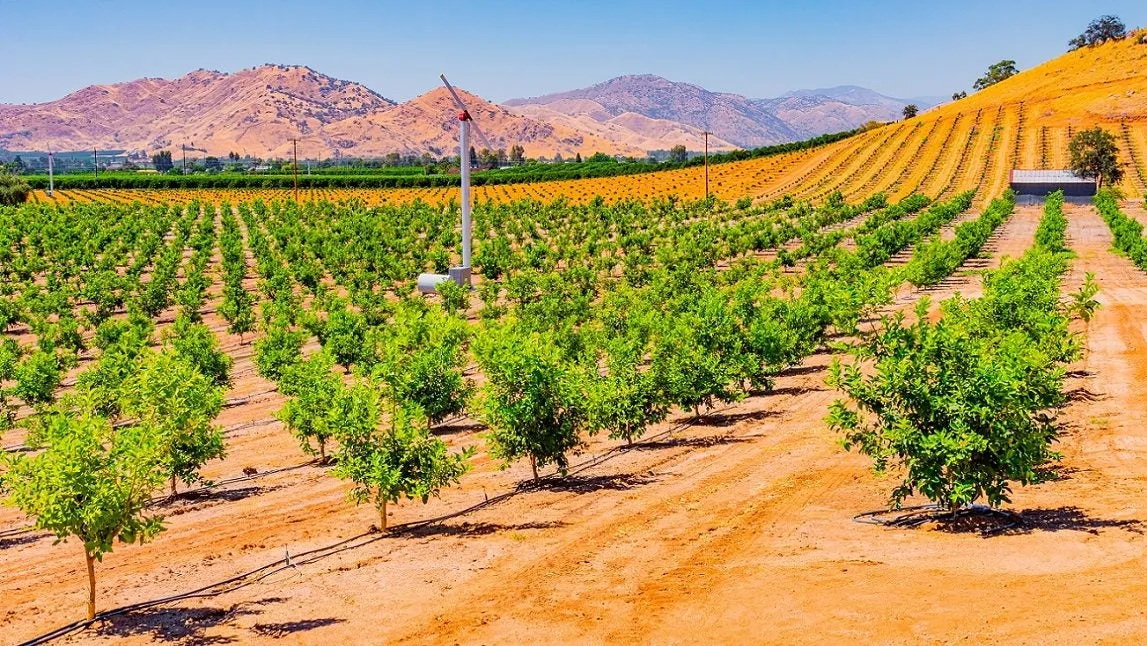Cargill and the Challenges of Water Use in Food Production

Cargill's Water Utilization Challenges
Cargill faces significant pressures regarding water management in its food production processes. Water scarcity and pollution have become pressing issues that impact agricultural efficiency and sustainability. Strategies to address these challenges are critical.
The Role of Regenerative Agriculture
Regenerative agriculture provides a holistic approach that seeks to restore and maintain ecosystem health. This method not only focuses on yield but also emphasizes sustainable practices that conserve water resources. Key benefits include improved soil health and better water retention.
- Water Conservation: Techniques such as cover cropping and crop rotation help in efficient water use.
- Pollution Reduction: Reduces agrochemical runoff into water bodies.
- Enhanced Resilience: Builds systems that are more adaptable to climatic changes.
As Cargill navigates these challenges, adopting sustainable practices is not just beneficial but essential for long-term viability.
This article was prepared using information from open sources in accordance with the principles of Ethical Policy. The editorial team is not responsible for absolute accuracy, as it relies on data from the sources referenced.